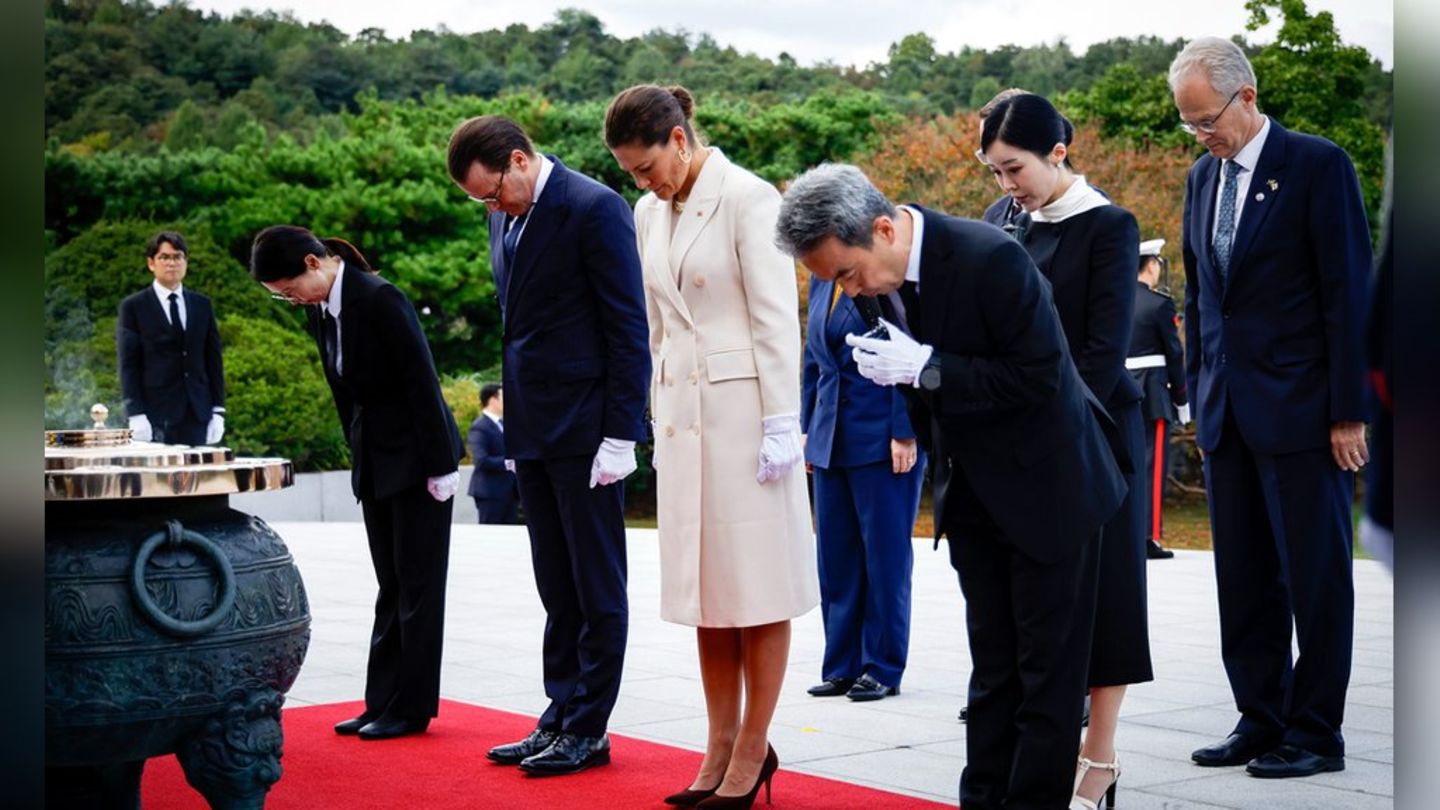Those of us from the interior of Buenos Aires, like the inhabitants of Junín, have an old country saying that says “sometimes the cow becomes a bull” and it serves to explain the change in a situation that seemed totally manageable to one that was clearly unmanageable. The obvious parallel comes from the fact that the cow is a soft and docile being that is completely manageable and predictable, while the bull is irascible, reckless and even dangerous.
A little more than 50 days into Javier Milei’s government, the Minister of Economy announced the withdrawal of the Fiscal Chapter of the journalistically called “omnibus law”, explaining that said decision was due to improving the possibilities of immediate sanction of the package of laws that the executive branch is proposing.
However, both the press in general and the leadership evaluate this decision as a “bump”, a brake on the government, a decision that the Executive had to make to avoid a mistake and receive a rejection in the Lower House. your initiative.
But going to the bottom of the matter, what is clearly seen is that the government is lacking policy, it is lacking dialogue and negotiation.
In the October elections, the president of the nation had enormous support from the people with 56% of the votes.
But be careful, those votes granted him an administrative mandate, because the President of the Nation is the General Administrator of the Republic and Commander in Chief of the armed forces, as well as the first president. He is not a super legislator and a super judge, since we live in a republican democracy, where the powers are divided and are autonomous and independent.
Thus, Javier Milei achieved an overwhelming majority to be President of the Nation, but he does not have the correlation of those votes in representatives of the people, who are the deputies and representatives of the provinces who are the honorable Senators of the Nation.
This being the case and appealing to healthy criticism and a balanced and responsible analysis, there is no other possible explanation for this decision than to explain it as a setback by the government, which must understand that the only possible path is that of dialogue and the search for consensus to establish their policies.
Finally, I do not want to miss that the President of the Nation returned to the charge against the deputies by pointing out that they are corrupt. It is really necessary for the president to specifically and directly file a criminal complaint in court with the names and surnames of the corrupt or if there is someone asking for money to raise their hand and sanction any of the initiatives in question. You cannot gawk and talk about such serious issues in the air.
If the president knows anything about it, he must file the corresponding criminal complaint, otherwise he would commit the crime of concealment or failure to fulfill the duties of a public official since when an official becomes aware of a crime it is his obligation to report it.
Be careful because this is not a minor issue, we are talking about the honor of the people and not of any person, but of the members of none other than the legislative power, the deputies of the Argentine Nation.
To close, a question remains: will the government’s setback leave room for the deputies to vote on the superpowers? The coin is in the air. Milei has not yet completed two months in government, however, events have picked up speed that there is a feeling that he has been in power for a long time… when in reality, this is just beginning and yes, of course, it has an open end…
President of the UCR of Junín
Source: Ambito
David William is a talented author who has made a name for himself in the world of writing. He is a professional author who writes on a wide range of topics, from general interest to opinion news. David is currently working as a writer at 24 hours worlds where he brings his unique perspective and in-depth research to his articles, making them both informative and engaging.




